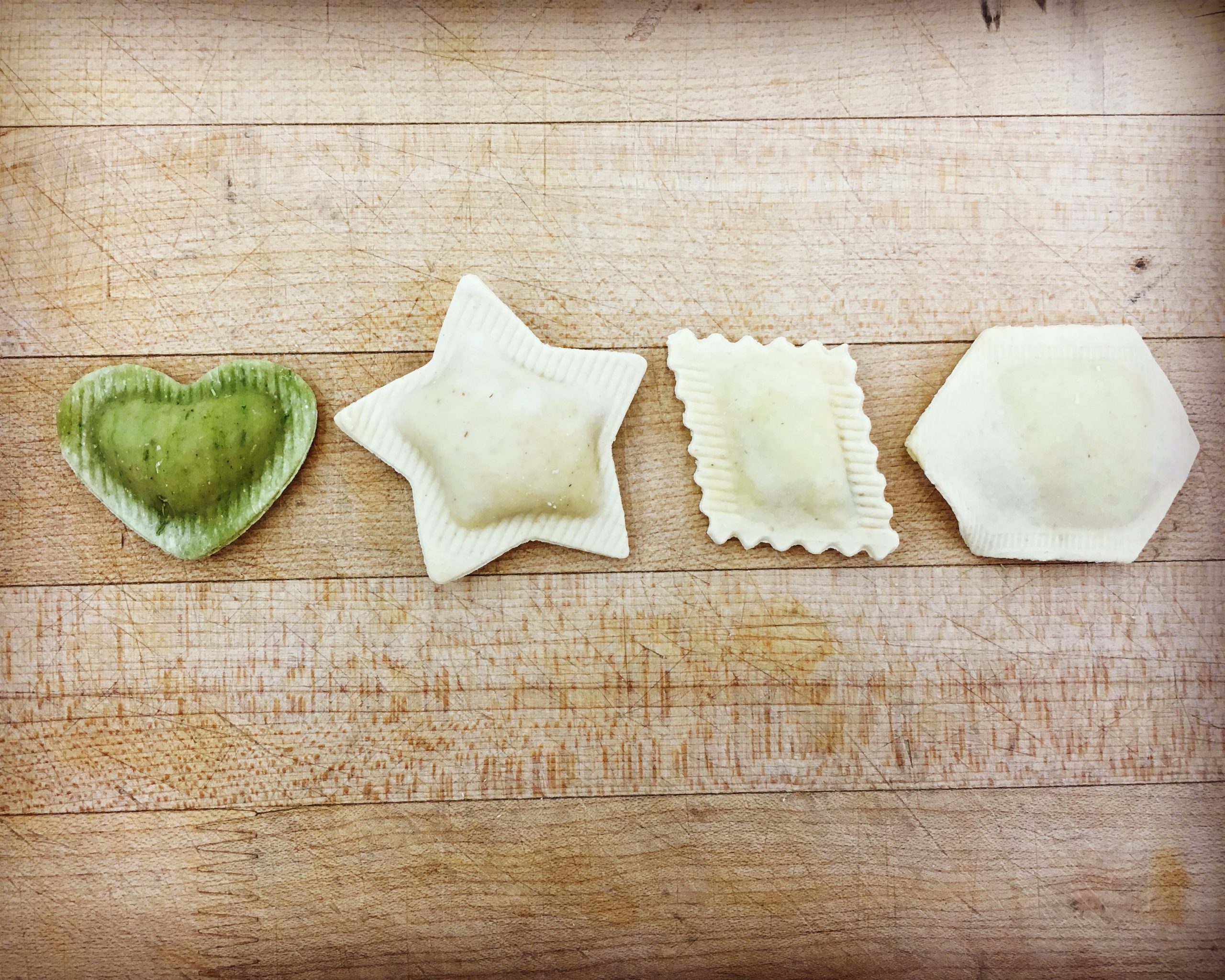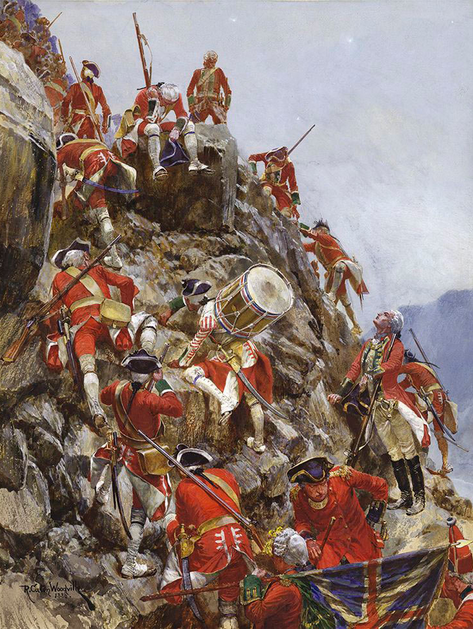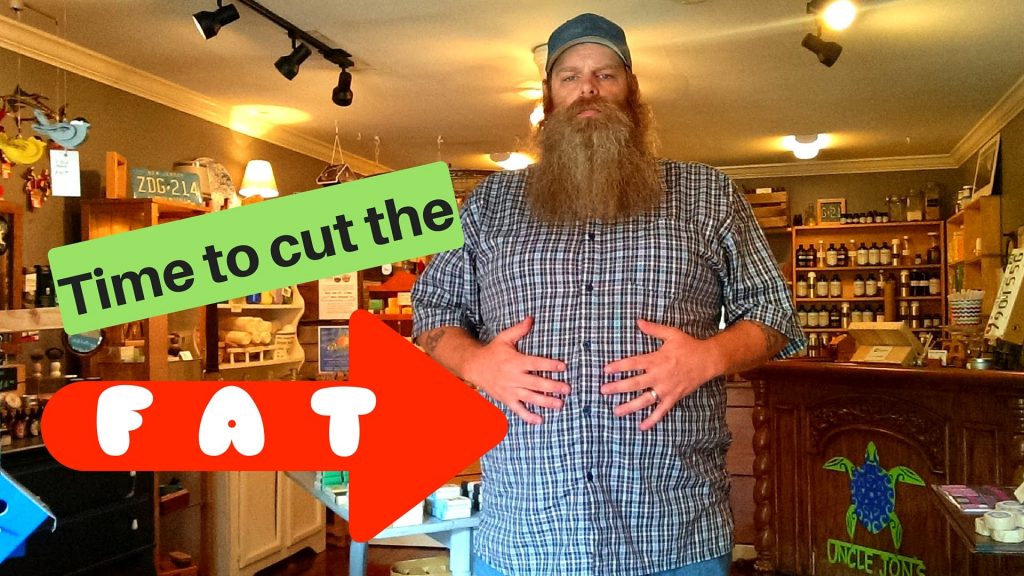Matthew and Zacchaeus were tax collectors.
The Samaritan woman didn’t have any part in the Kingdom of God.
Nicodemus was a Pharisee.
Simon, one of the Apostles, was a Zealot.
People caught in adultery, prostitutes, shepherds, Magi, even the wife of a Roman governor.
What did they see? What changed them? It was an encounter with God in the flesh. We may not be able to see Him the way they did, but He has given us the opportunity to encounter Him in our dealings with church, with each other, and even in this bread.
We thank Him for sending His Son to change all of us, to bring us from death to life. As we are dependent on food for our physical survival, we are dependent on Him for our spiritual survival as well.
After their encounters with Jesus, people weren’t changed into mind-numbed robots. Peter retained his brashness. Simon probably still thought that Judah would be better off without the Romans there. Nicodemus continued to work in the background. John treated everyone he met with love and kindness. Paul still enjoyed debating theology. But they were freed from their slavery to sin, given over to do good. The grape juice or wine we drink is acidic and astringent, drying out your mouth and cleaning out your throat somewhat. I’ve always found that I sing a bit better and more comfortably after the Lord’s Supper. Just like an encounter with the juice clears your throat and lets it work better, an encounter with our Lord breaks our own slavery and frees us to do what is right and good.










5